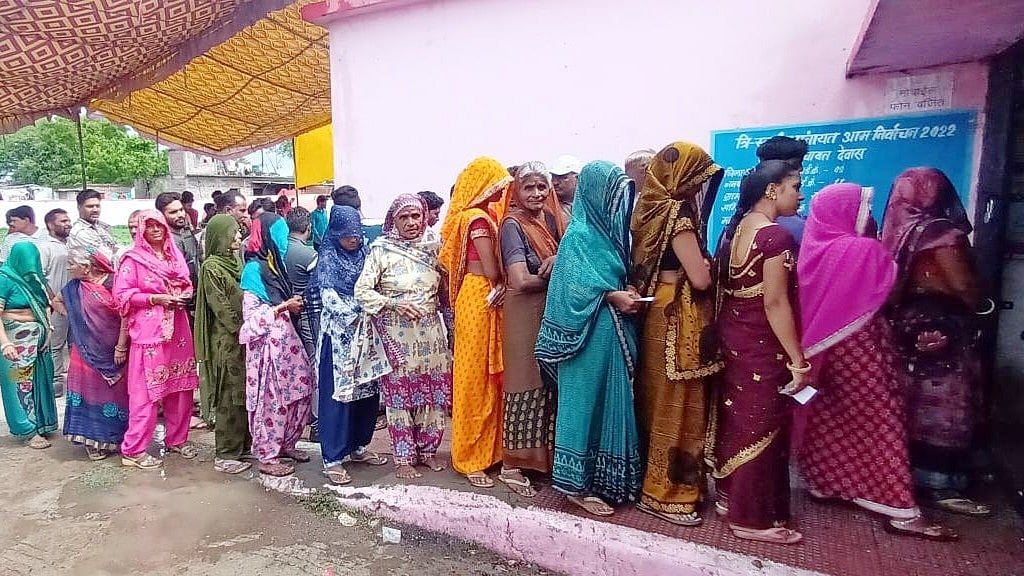National Panchayati Raj Day is the national day of the Panchayati Raj System in India. It is celebrated annually by the Ministry of Panchayati Raj on April 24. This annual celebration commemorates the historic day on which the Constitution Act (73rd Amendment) was passed in 1992. However, it came into existence a year later, on April 24, 1993. Therefore, National Panchayati Raj Day is commemorated to celebrate the inception of decentralised power.
About National Panchayati Raj Day
In India, a panchayat is also known as a Gram Panchayat, Village Panchayat, or Local Government Body. It is the basic governing institution at the village level and oversees the administration and growth of a village or a collection of villages. The 73rd Amendment to the Indian Constitution revived Panchayats as bodies of local self-governance. This is the overall system of local self-governance in India, which includes Panchayat at different levels (village, block, and district).
History of National Panchayati Raj Day
In 1957, a committee was established that concentrated on the development of the Panchayati Raj in India. Balwantrai Mehta was designated as the chairman of the Committee. According to the report of the Committee, it suggested a decentralized three-tier Panchayati Raj structure. It encompasses –
Gram Panchayat at the local village level
Panchayat Samiti at the Block stage
Zila Parishad at the district tier
The names of representatives of the Panchayats were determined to be Pradhan, Mukhiya, or Sarpanch. In 1959, Rajasthan was the first state to implement the Panchayat Raj System. The Panchayati Raj was inaugurated in October 1959 in Nagpur by our first Prime Minister, Jawaharlal Nehru.
What happens on National Panchayati Raj
Every year, the Prime Minister directly talks to the Gram Panchayat representative and reviews the progress report. A discussion on various issues affecting the functioning of the Panchayati Raj System will also take place. The government of India also ensures the development of villages and the active participation of rural citizens.
